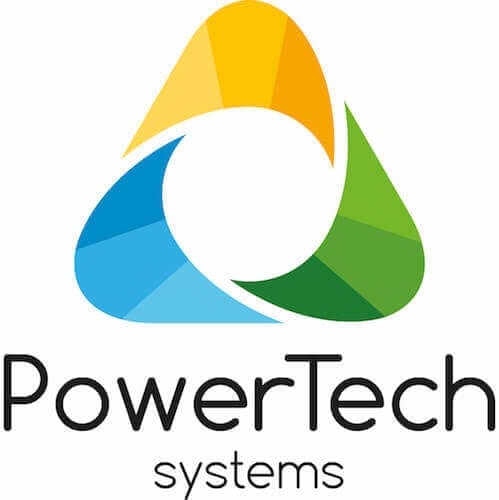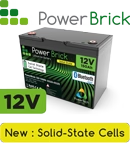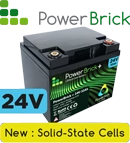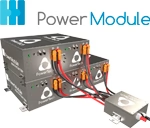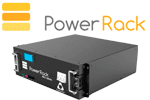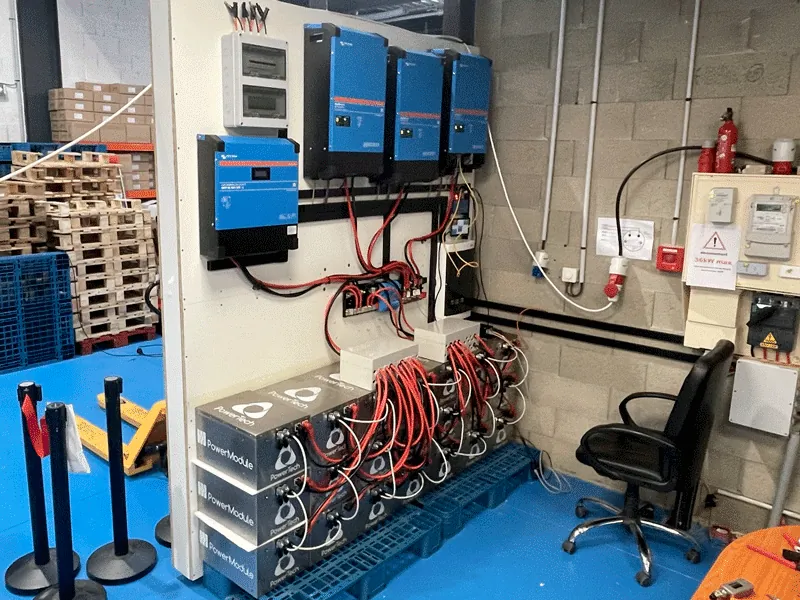For our business needs, we’ve been thinking about optimizing our energy consumption with solar panels and batteries.
The start of this process coincided with the receipt of our energy bill for December 2022. For the first time, it had exceeded the psychological threshold of 10K Euros…
So it was time to install solar panels on our roof and store this energy in our batteries, finally sending it back to our building in the form of three-phase, 30KW continuous current.
The special feature of the system is that this energy source is configured in parallel with the building’s power supply. If the batteries are empty, the building’s power supply will be provided by our energy supplier. If there is a power cut, the batteries will take over to continue supplying the building.
In normal operation, the batteries should provide enough power to compensate for our consumption without using the building’s power supply.
The solar system consists of 32 solar panels with a peak power of 420W, giving a theoretical peak power of 13KW. This isn’t enough to cover the building’s needs, but it does produce enough power to offset a good part of our consumption.
Three-phase production is provided by three VICTRON Multiplus 10KW configured for three-phase 400V, connected directly to the building’s electrical input.
For energy storage, we use 27 PowerModules in parallel, i.e. 145KWh of storage, which covers the entire daily consumption in winter.
To ensure that the battery is 100% charged every morning, a top-up charge is programmed every night from the electrical grid. This charging is carried out at an “off-peak” rate, i.e. at around 50% less than the full rate.
Commissioned in June 2023, this system enables us to reduce our electricity bill by 60-70%. The savings achieved depend on sunshine conditions throughout the year.
